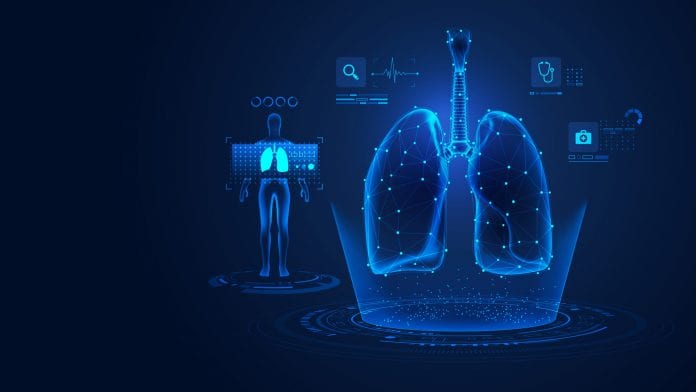Source – https://www.healtheuropa.eu/
Researchers say that machine learning could help guide healthcare workers’ treatment decisions for lung cancer patients after developing a model that is 71% more accurate at predicting survival expectancy of patients.
A team of Penn State Great Valley researchers conducted a study in which they developed a deep learning model that is more than 71% accurate in predicting survival expectancy of lung cancer patients, which is significantly better than traditional machine learning models that the team tested which have around a 61% accuracy rate.
Deep learning is a type of machine learning that is based on artificial neural networks, which are generally modelled on how the human brain’s own neural network functions.
Informing patient care
The team say that the information on a patient’s survival expectancy could help guide doctors and caregivers in making better decisions on using medicines, allocating resources, and determining the intensity of care for patients. The machine learning model is able to analyse vast amounts of data and can include information such as types of cancer, tumour size, the speed of tumour growth, and demographic data.
Youakim Badr, associate professor of data analytics, said: “This is a high-performance system that is highly accurate and is aimed at helping doctors make these important decisions about providing care to their patients. Of course, this tool can’t be used as a substitute for a doctor in making decisions on lung cancer treatments.”
According to the researchers this deep learning method may be uniquely suited to tackle lung cancer prognosis because the model can provide the robust analysis necessary in cancer research.
Badr said: “Deep learning is a machine-learning algorithm that makes associations between the data, itself, and the labels that we use to describe the data examples. By making these associations, it learns from the data.”
Robin Qiu, professor of information science and engineering and an affiliate of the Institute for Computational and Data Sciences added that deep learning also offers several advantages for many data science tasks, especially when confronted with data sets that have a large number of records, in this case patients, as well as a large number of features.
“In deep learning we can go deeper, which is why they call it that. In traditional machine learning, you have a simple structure of layers of neural networks. In each layer, you have a group of cells,” he said. “In deep learning, there are many layers of these cells that can be architected into a sophisticated structure to perform better feature transformation and extraction, which gives you the ability to further improve the accuracy of any model.”
In the future, the researchers would like to improve the model and test its ability to analyse other types of cancers and medical conditions.
